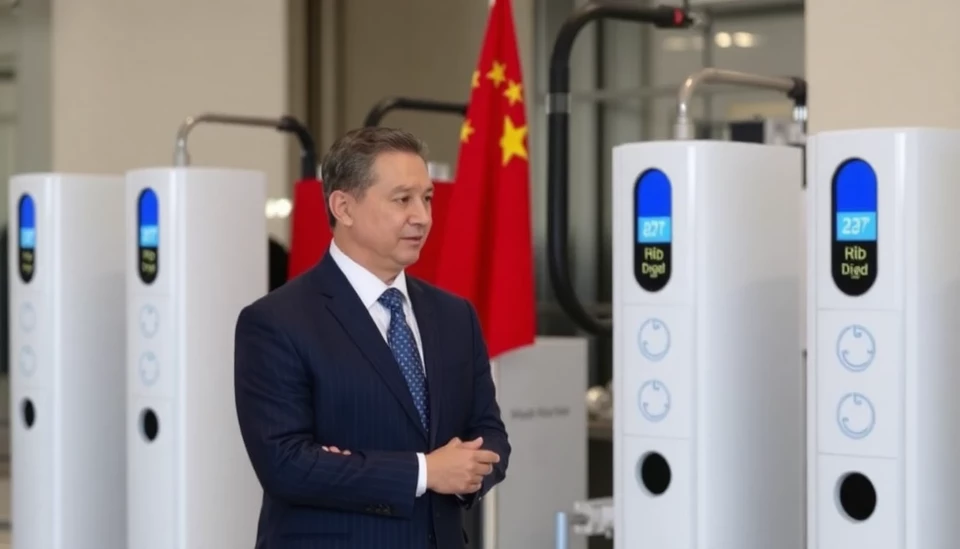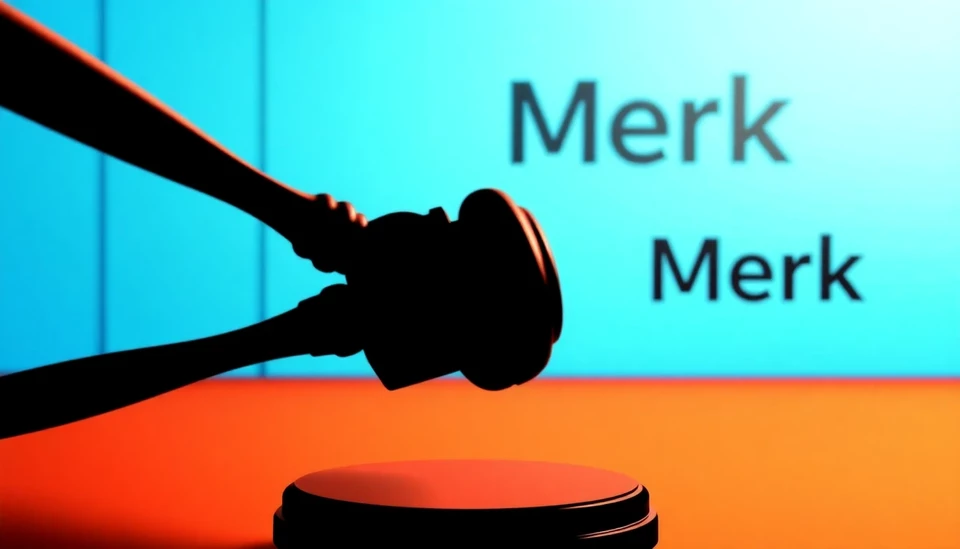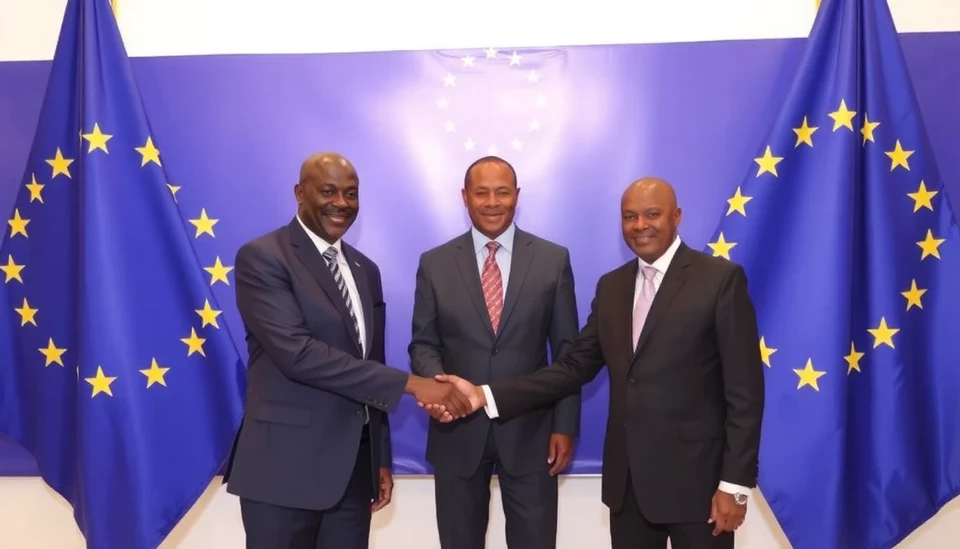
The European Union has come up with new auction guidelines that effectively rule out Chinese companies from participating in the hydrogen technology market within the bloc, a strategic move in bolstering its own renewable energy sector. This latest development marks the significant move of the EU in pursuit of its ongoing efforts to reduce dependency on Chinese technological imports and shore up its indigenous technological advance.
These new rules are part of the EU's broader strategy to achieve climate neutrality by 2050 and ensure technological sovereignty. In this respect, the Commission will no doubt apply these rules inflexibly, so that only firms from member states-or at least from countries aligned with the EU on trade agreements-can participate in such auctions, which have the potential to be extremely lucrative.
Historically, Chinese firms have been strong players in the global hydrogen technology sector, bolstered by resources and economies of scale. Their competitive pricing and advanced technology have won big shares in global markets, including those in Europe. However, the new guidelines signal a shift in EU policy designed to claw back some of this market share and foster homegrown innovation and production in hydrogen technology.
The EU's Competition Commissioner, Margrethe Vestager, said the new policies are important for preserving the strategic autonomy of Europe's future energy infrastructure. "These guidelines reflect our commitment to nurture local industries and secure the technological underpinnings of our green transition," she said in a news conference. "This is about creating a level playing field for European companies, giving them the chance to have fair competition."
The regulations prescribe a number of qualifications required from companies to participate in the auctions for hydrogen technologies funded by the bloc. These are: A significant number of operations within EU member states; rigid intellectual property rules; and proof of a long-term commitment to the European market. Companies also cannot accept state subsidies from countries outside the EU, a rule apparently designed to limit the participation of Chinese firms that receive heavy government subsidies.
Reactions have been mixed to the new guidelines. To most industry analysts, the move is a well-calculated risk: the EU might raise costs in the short term by reducing competition should the dominant Chinese players be excluded. On the other hand, this protectionist policy might spur European innovation and translate into long-term benefits like technological advancement and job creation within the EU.
The move was welcomed by European tech firms as an opportunity to shine on a playing field unfairly skewed against them. Executives from Siemens Energy and Air Liquide, two major European hydrogen technology firms, spoke optimistically about the guidelines and what they could bring about in fostering innovation and growth on the continent.
In the meantime, China's Ministry of Commerce has denounced the policy as a violation of the rules of global trade that may provoke a countermeasure from Beijing. In a statement, the ministry expressed criticism of the guidelines, which it held were unfair and ran against the spirit of free competition.
Environmental groups have weighed in, too. Many are hailing the EU's commitment to sustainable energy, adding that the surge in costs shouldn't slow down ambitions for its most ambitious climate goals.
The new auction guidelines form a critical juncture as the EU marches toward a greener future. While the immediate economic impact may remain to be seen, the ultimate vision is rather clear: technological sovereignty recaptured within renewable energies, placing the EU in the leading position globally in hydrogen technology.
Whether this calculated move pays off remains to be seen, but undoubtedly it sets the stage for a new chapter in the global renewable energy race.
#EU #HydrogenTechnology #China #RenewableEnergy #EuropeanUnion #TechnologicalSovereignty #ClimateNeutrality #GreenTransition #MarketGuidelines #TradePolicy
Author: Megan Clarke




